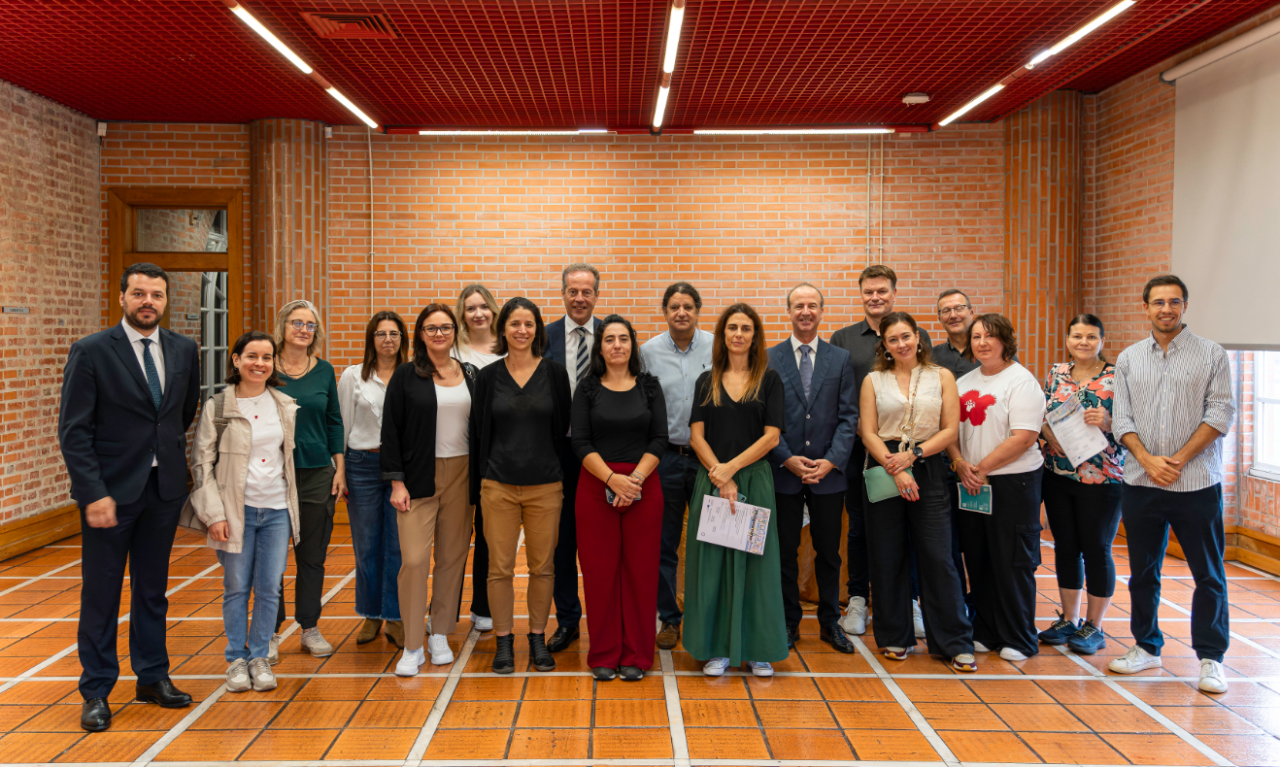
In a world facing unprecedented turbulence where geopolitical instability, climate breakdown, rapid technological shifts, growing inequality, and democratic backsliding are testing our societies in ways not seen in decades, STEAM (Science, Technology, Engineering, Arts, and Mathematics) has never been more critical. But beyond education, can STEAM be a tool for resilience, innovation, and new forms of collective intelligence? This is the question at the heart of the Future STEAM Cities network, where five European cities—Aveiro, Alytus, Kolding, Oulu, and Płock—are tackling local challenges that echo some of the greatest dilemmas of our time.
Each city’s ambition is not just about transferring knowledge but about reshaping the role of education, industry, and governance in a world that demands urgent solutions. By looking at their efforts through the lens of global challenges, we see how Future STEAM Cities are not just adapting to change but actively pioneering new models of urban innovation.
Aveiro: Transferring the STEAM City Model to Strengthen Innovation and Skills
“The future of education is STEAM education." - Pedro Pombo, Director at Fábrica Ciência Viva de Aveiro
Aveiro is the lead city in Future STEAM Cities, transferring its UIA STEAM City model to her four European partners, Alytus, Kolding, Oulu, and Płock. The city has built a Living Lab for digital skills, industry collaboration, and STEAM-driven urban development, and now seeks to share this knowledge while evolving its own model for long-term resilience.
Across the world, AI and automation are transforming industries, redefining skills, and reshaping labour markets faster than societies can adapt. While Aveiro’s UIA STEAM City model has primarily focused on digital skills, industry collaboration, and education-business partnerships, the growing impact of AI presents both a challenge and an opportunity for the city’s innovation ecosystem.
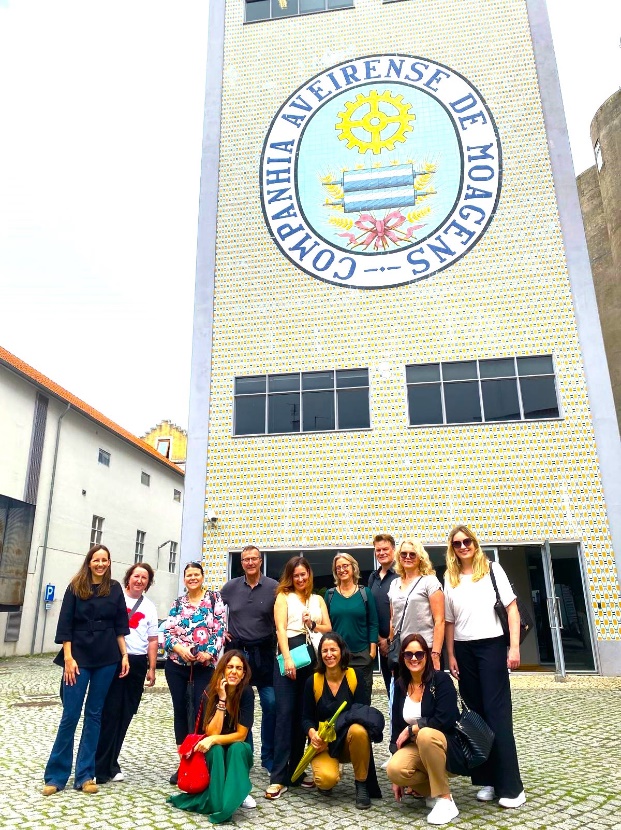
By transferring its STEAM education and workforce development model to partner cities, Aveiro is laying the foundation for cities to navigate the uncertainties of automation and AI-driven change. While AI has not been a central focus of the initiative so far, the Future STEAM Cities network provides an opportunity to expand STEAM education beyond digital skills and towards AI literacy, ethics, and responsible innovation—ensuring that local talent and businesses are prepared for the next wave of technological disruption.
Can STEAM models bridge the AI skills gap and ensure that automation enhances, rather than replaces, human potential?
Alytus: Strengthening STEAM Education to Combat Brain Drain
"We make kids read ten minutes a day and, believe me, it works. Parents are surprised about how much their kids read at home. We are trying to find more angles to link reading with creativity and STEAM." - Jolita Petkevičienė, Director of Senamiestis primary school, Alytus.
Alytus is working to strengthen STEAM education at all levels to address the challenge of youth brain drain and build stronger ties between local businesses, schools, and the community. By adapting Aveiro’s approach, the city aims to increase local STEAM learning opportunities, expand collaboration between schools and businesses, and enhance digital skills for future employment.
Across Europe, mid-sized cities like Alytus are struggling with talent retention, as young people leave for larger urban centres with more opportunities. This pattern reflects a broader shift in which economic development often prioritises individual mobility over local investment, reinforcing a system where knowledge and innovation concentrate in just a few major hubs. However, Alytus has the opportunity to move from individualism to collective intelligence—shifting from a model where young people feel compelled to leave in search of opportunity to one where knowledge is cultivated, shared, and applied within the city itself.
STEAM education plays a crucial role in this transition. By serving as a bridge between education, business, and local governance, Alytus can foster a knowledge-based local economy where young people see a future in their own city. If talent is nurtured through stronger links between schools, businesses, and community-driven innovation, Alytus has the potential to redefine what a thriving mid-sized city looks like in an era of economic centralisation.
Can STEAM models create a more connected, opportunity-rich local-environment - where young people don't have to leave to succeed?
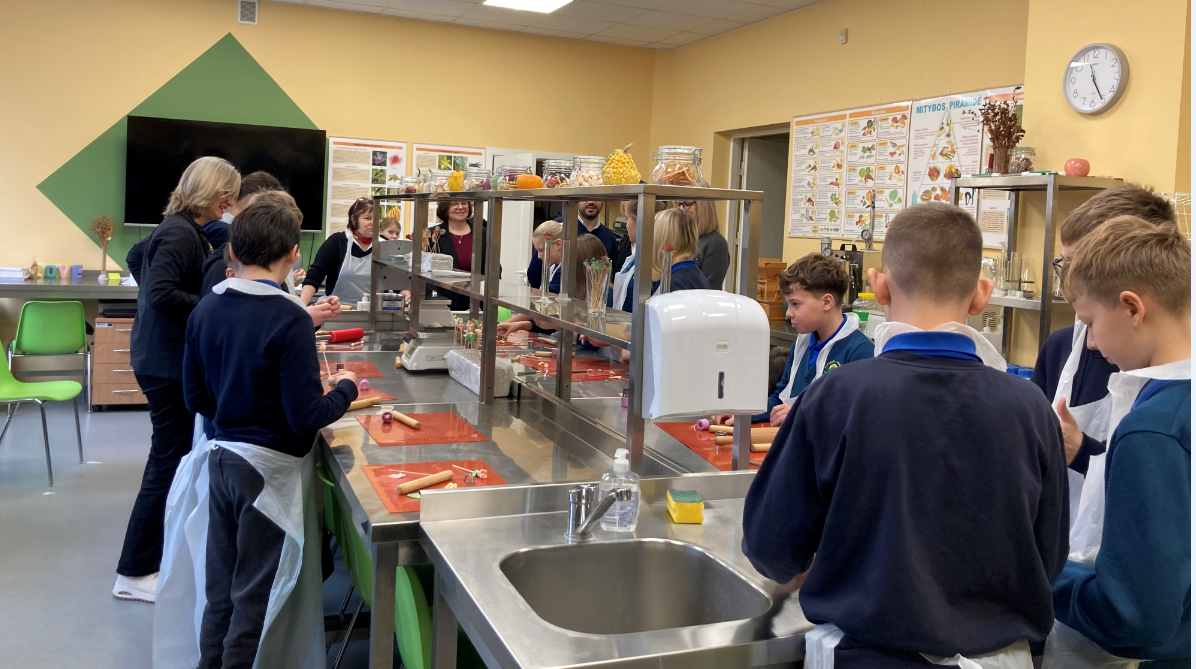
Kolding: Bridging the Education-Industry Gap and Retaining Local Talent
"Today we hire personalities. We hire people who like to learn, who love to learn and all of the soft social skills the "A" of STEAM, are overarching the technological skills we need." Morten Harboe, Schneider Electric, Kolding
Kolding has a strong business environment but faces difficulties in retaining skilled professionals, particularly in STEAM fields. The city is working to strengthen partnerships between businesses and educational institutions to better align skills development with industry needs.
Across the world, cities are struggling to bridge the gap between what education provides and what industries need, a challenge that has become even more pressing due to the changing nature of work and digital transformation. Rapid technological advancements are shifting the types of skills required in the job market, making it essential for cities to create more dynamic, adaptive learning ecosystems that prepare students not just for today’s jobs, but for an unpredictable future.
Kolding is addressing this challenge by developing a more structured approach to industry-academia collaboration, ensuring that students gain real-world experience, businesses have access to skilled workers, and young talent sees Kolding as a place to stay and grow. By embedding STEAM into entrepreneurship, work-based learning, and mentorship programmes, the city is exploring new ways to strengthen its local innovation ecosystem while responding to digital transformation's rapid pace.
Can STEAM models enable businesses and educators’ continuous collaboration to create a local innovation-driven workforce that thrives in a rapidly evolving digital economy?
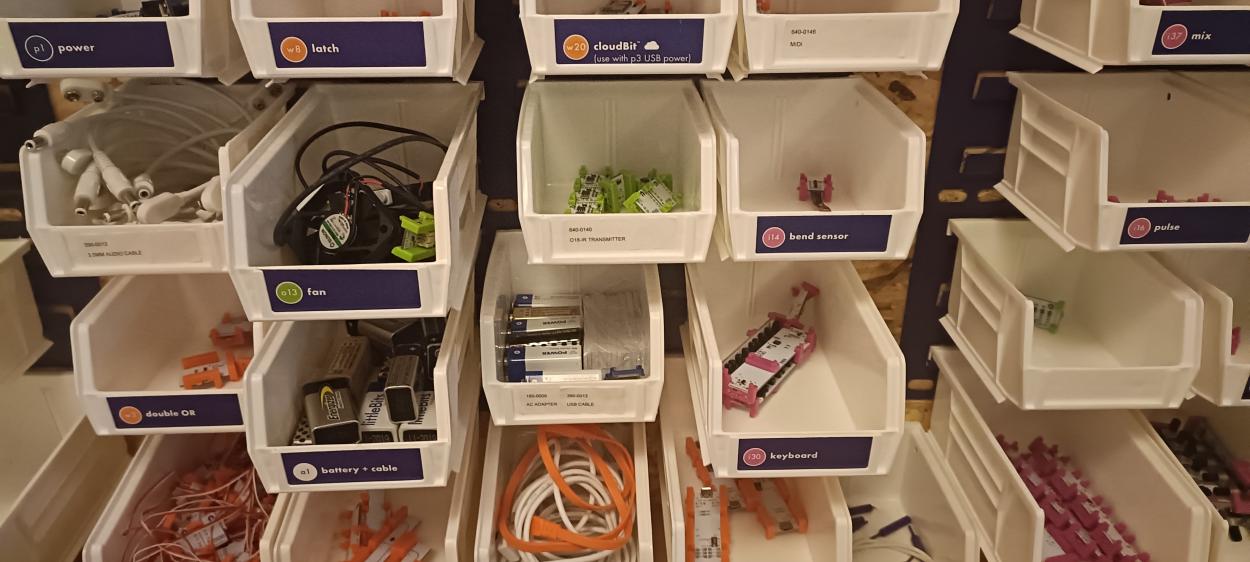
Oulu: Expanding STEAM Beyond Schools into Lifelong Learning
“People learn more when they are collaborating. The main challenge is not about the type of competence students develop, but how autonomous they are in their own competence and its development.” - Sari Harmoinen, Dean of University of Oulu.
Oulu is already a leader in STEAM education but aims to expand its reach beyond schools to include adults, seniors, and lifelong learners. The city is adapting Aveiro’s model to ensure that STEAM learning opportunities are accessible to people of all ages.
As artificial intelligence reshapes industries and job markets, cities must embrace AI, lifelong learning, and the need for continuous adaptation to ensure that workers and citizens can thrive in an uncertain future. Traditional education models, which focus on early-life learning and static skillsets, are no longer sufficient in an era where AI-driven automation demands constant upskilling and reskilling. Oulu is at the forefront of this shift, working to embed STEAM education into a lifelong learning framework that prepares its residents not just for one career, but for a lifetime of evolving opportunities in a technology-driven world.
By embedding lifelong STEAM education into the city’s innovation ecosystem, Oulu is positioning itself as a testbed for new approaches to continuous learning, reskilling, and workforce adaptability. The city is exploring ways to make STEAM education more accessible outside of formal schooling, ensuring that adults, seniors, and mid-career professionals have pathways to develop new skills in response to AI-driven changes in the labour market.
Can STEAM frame a model where cities become lifelong learning hubs, ensuring that all citizens—not just students—are prepared for the future of AI and automation?
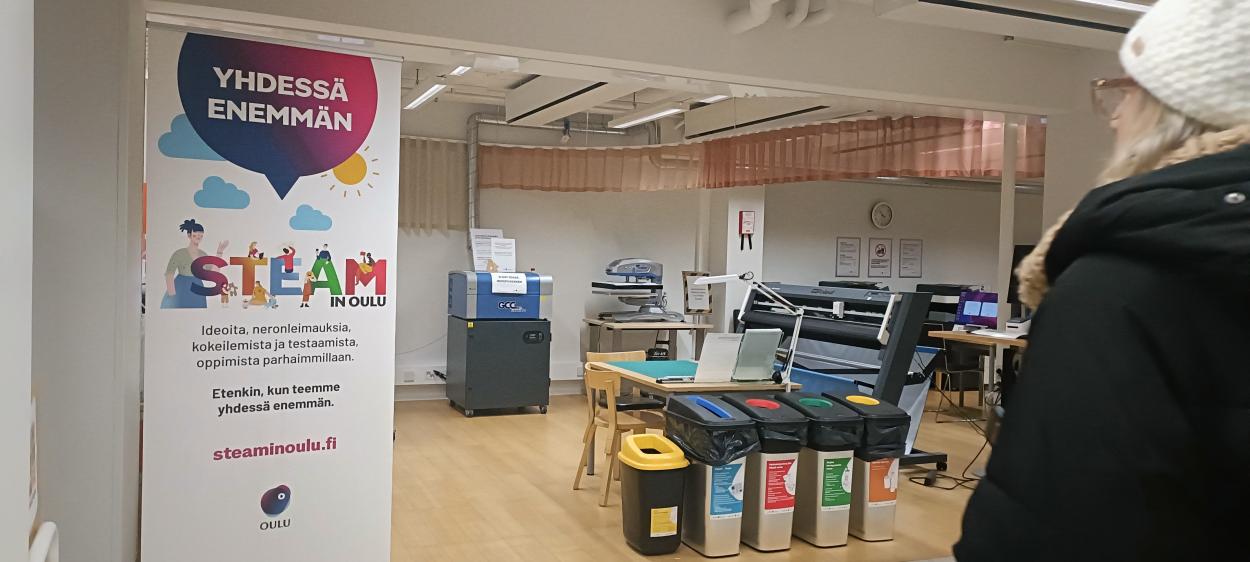
Płock: Strengthening Education-Industry Collaboration for Future Jobs
"The idea of STEAM education makes everything possible. It is about creating a more open-minded society, a society that thinks better"- ULG member from Płock.
Płock has a strong industrial base but needs to bridge the gap between education, industry, and entrepreneurship to prepare its workforce for the future. The city is focusing on STEAM education as a means to support local economic transformation and innovation.
As job markets evolve and industries demand new skills, the role of education as a commons and workforce adaptation is becoming increasingly urgent. Cities can no longer rely solely on traditional education systems to prepare citizens for lifelong careers; instead, they must cultivate open, accessible, and community-driven learning ecosystems that empower individuals to continually develop new competencies. Płock recognizes this shift and is working to ensure that STEAM learning is not just confined to schools but integrated into industry collaboration, local governance, and lifelong workforce development.
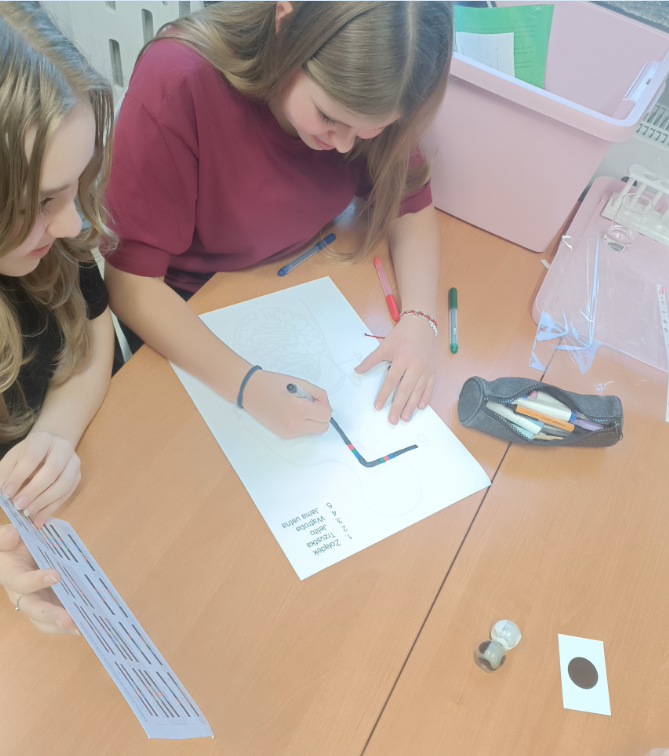
By adapting Aveiro’s model, Płock is looking to strengthen local talent pipelines, ensuring that STEAM education is integrated into business strategies and community development. The city is exploring ways to make education more responsive to industry shifts, ensuring that students, workers, and entrepreneurs have access to the skills they need to succeed in an evolving economy.
Can STEAM models enable education, businesses, and local governance to work together to prepare citizens for an economy that values adaptability, innovation, and shared knowledge?
From Local Experimentation to Global Transformation
Each Future STEAM Cities partner is facing a unique set of local challenges, yet together, they are shaping a new vision for STEAM as a force for economic, educational, and social resilience.
By adapting Aveiro’s UIA STEAM City model, these cities are not just transferring innovation but actively shaping how STEAM can respond to an unpredictable world.
The work ahead is not easy. But one thing is clear: if STEAM is to be the engine of the future, it must be more than an education model—it must be a driver of societal transformation.
What role will your city play in shaping this future?

